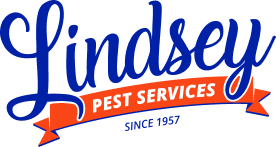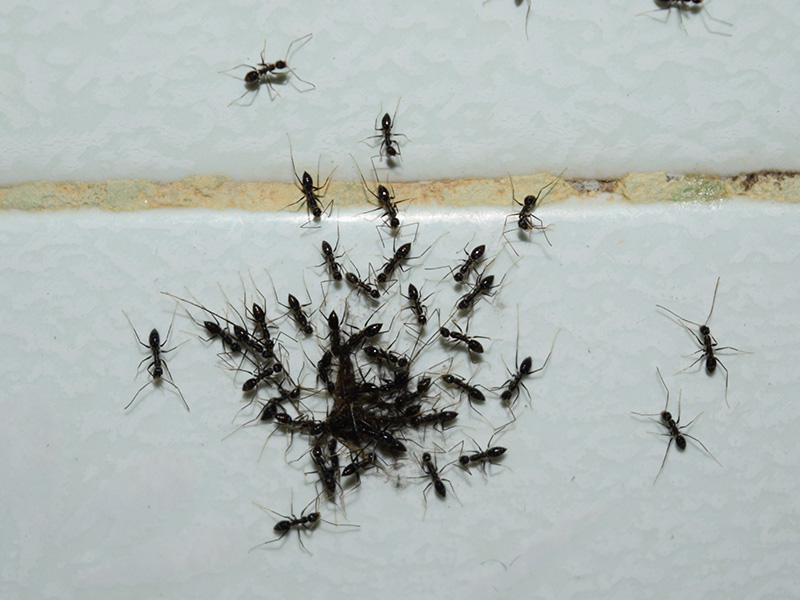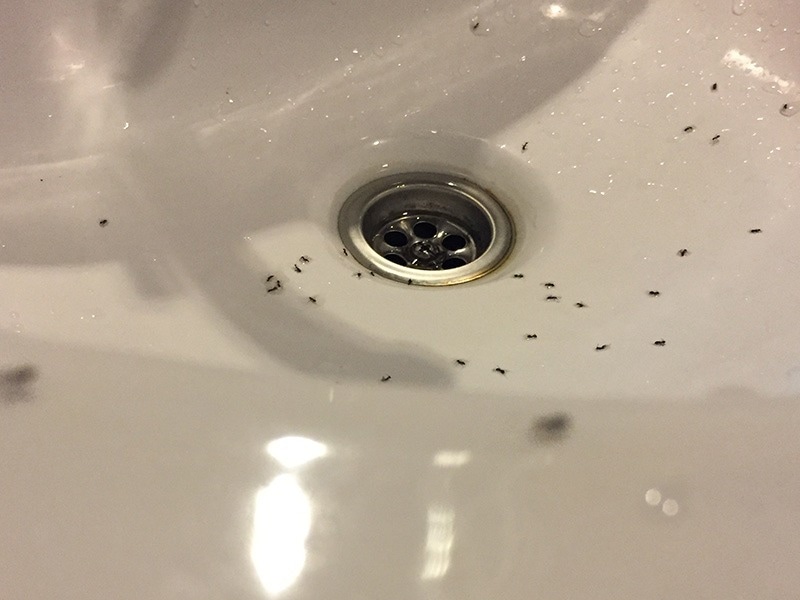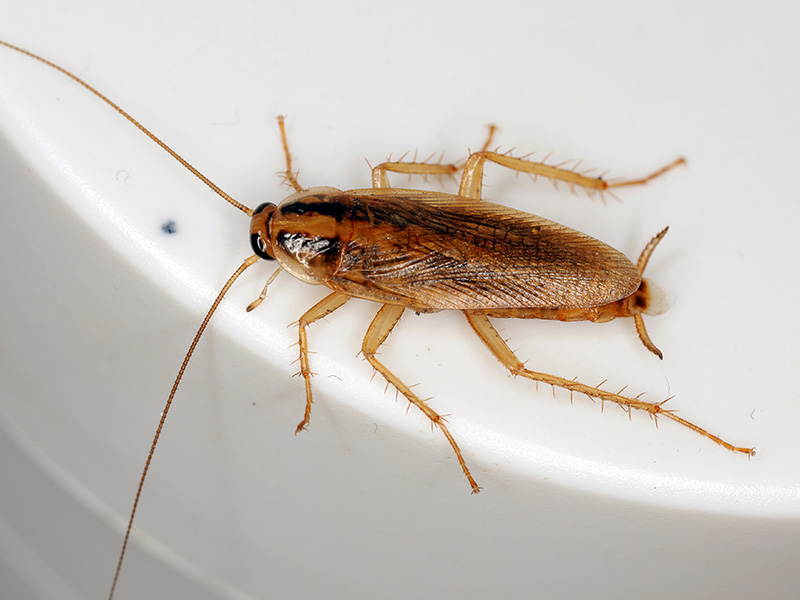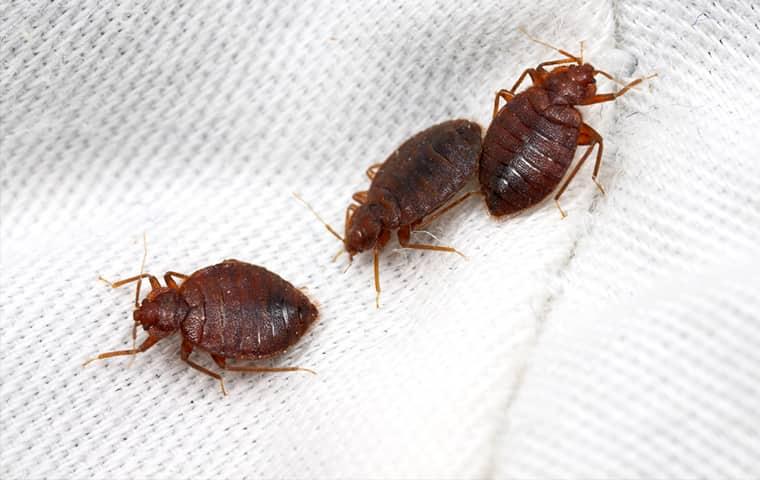What Every Jacksonville Property Owner Ought To Know About Pharaoh Ants
Jan 20, 2021
They may be small in size but the ability of the Pharaoh Ants to multiply quicker makes them worthy of attention. Pharaoh Ants are some of the smallest bugs in the ant family, with their workers reaching less than 0.1 inches in length. They range in hue from yellow-brown to red and sport black shadings on their abdomens. They live all around the world, in every continent apart from Antarctica, but are the most prevalent in parts of the map relatively close to the water. In the United States, few places face more powerful infestations from these pests than areas of Florida like Jacksonville. Alone, they may be small, but the Pharaoh Ant more than makes up for their size with the sheer numbers of their colonies alone.
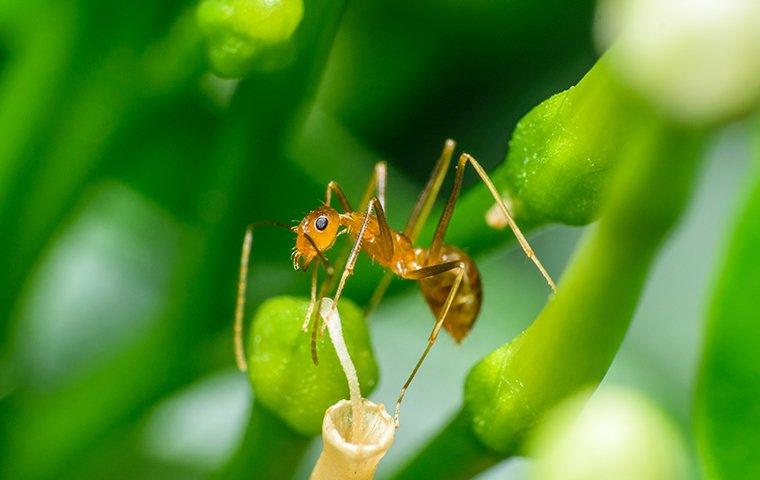
How Fast Do Pharaoh Ants Spread?
They may be called Pharaoh Ants, but that doesn’t mean their caste systems are all too different from others in the family. There are, however, two key distinctions that make Pharaoh Ant colonies much harder to contain and eliminate. Firstly, their excess of royalty. Unlike most ant species, a colony of Pharaoh Ants doesn't adhere to a single queen, but rather, an entire caste of queens. They are, therefore, polygamous in nature, and able to grow in populace exceptionally fast. To help accommodate this expeditious spread, worker ants create networks of nests and structures to house each member of their colony. These complexes stand in direct opposition to most ant species’ single anthill per colony model, which spells bad news for humans whose homes get caught in the middle. Even if one Pharaoh Ant nest is destroyed, its displaced inhabitants can simply relocate to their colony’s nearest condo.
On top of all this, Pharaoh Ants are potential ‘spreaders’ of a wholly different kind. Like mosquitoes, fleas, and other annoying insectoid pests, Pharaoh Ants are potential carriers of disease, and may infect humans who unwittingly interact with foods or surfaces they have previously touched. Viruses commonly carried by Pharaoh Ants that humans are susceptible to include, but are not limited to, Dysentery, Salmonella, Clostridium, and Streptococcus.
Preventing Pharaoh Ants On Your Jacksonville Property
Considering the danger that the spread of Pharaoh Ants presents, you need to take the first step in locking your intruders out for good. Here are a few easy, do it yourself tips you can use today to make your Jacksonville home as unattractive to ant royalty as possible.
- If you keep an open trash can close to your kitchen door, the smell will inevitably attract hungry insects. Move your trash cans to a different location or, better yet, keep them sealed shut with appropriate lids.
- Sweep and clean your floors regularly to remove food crumbs that attract Pharaoh Ants. If you have spotted an ant in your Jacksonville home already, be quick to scrub clean your floors, as ants leave behind a scented trail to tell other ants where they need to go in order to find food.
- Even if you keep your windows and doors tightly closed when not in use, pests like Pharaoh Ants can still find their way indoors. The inch or so of space under your shut door is more than enough room for marching ants, so be quick to clog this empty space with a door seal.
- Want a natural repellent to help ward away Pharaoh Ants? The pests hate the aroma of vinegar. Simply spray your surfaces with a diluted vinegar and wait for the stuff to dry. Most of time, humans will no longer be able to smell the vinegar, but Pharaoh Ants certainly will!
Just one colony of Pharaoh Ants can be practically innumerous in number, so don't waste your time and money trying to get rid of an infestation on your own. For professional pest treatments you can rely on, contact Lindsey Pest Services right away.
